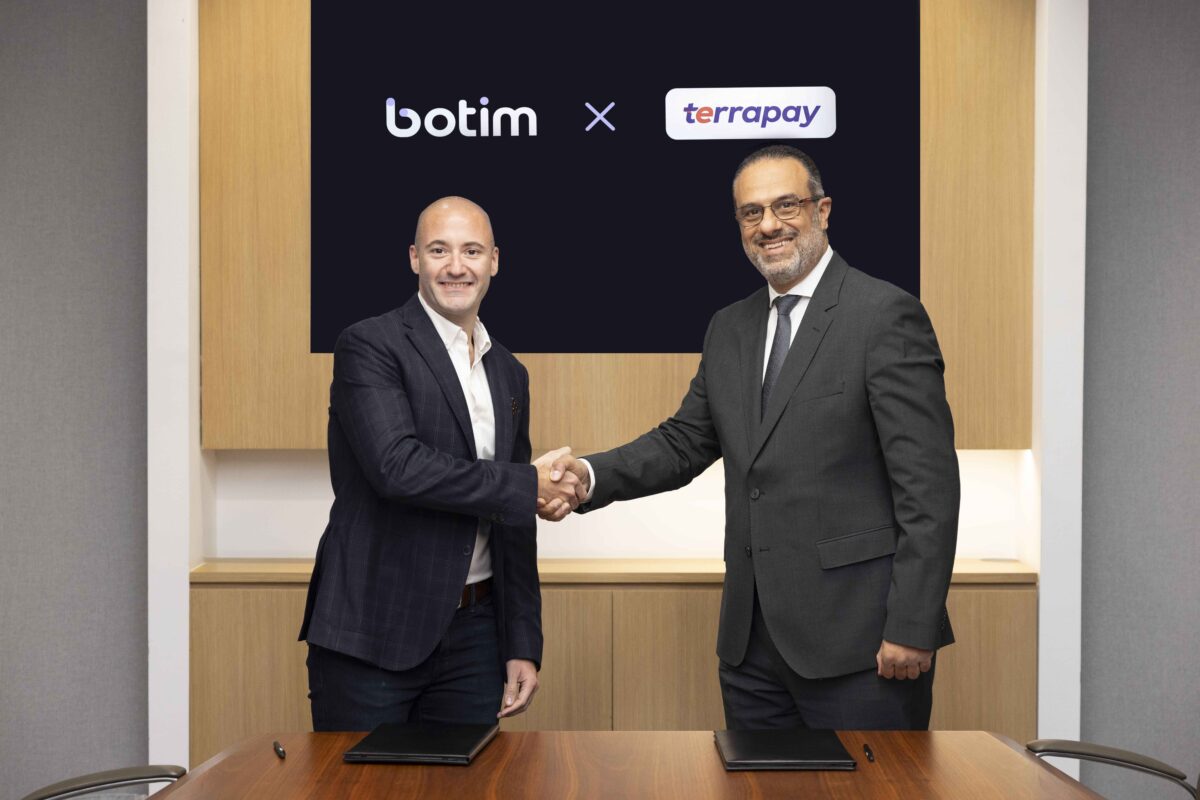Readers know that one of our oft-repeated refrains is that if 95% of professional investment managers can’t beat a broad market benchmark, it’s extremely doubtful we can do better. That’s why we diversify and only hold a double-digit percentage of our total assets in tech stocks. On the other hand, who doesn’t like to gamble once in a while, right? The worldwide market for casino and online gambling was $231 billion last year, according to Statista, so obviously there are plenty of volunteers willing to part with their money. That’s at least 10X the size of the much-more-hyped global cannabis market.
We’ve read that even the best professional sports gamblers only sport a winning percentage of about 53% or so – not much above break even. But just like there are lots of people who think they can predict the stock market, there are loads more who think they can beat the odds, when we know the real winners are the companies that run the games. That’s probably why one of the biggest tech gamblers investors, Cathie Wood of Ark Invest, is sweet on DraftKings (DKNG), an online gambling company that raked in $1.3 billion in revenue last year – more than doubling revenue from 2020. Ark Invest owns about 5% of DraftKings, making it the 16th biggest holding across all of the investment management firm’s tech-centric ETFs.

To paraphrase actor Wesley Snipes in his nearly Oscar-winning role in the movie “Passenger 57,” always bet on Cathie Wood. Right?
About DraftKings Stock

The Boston-based company has certainly beat the odds over its 10 years in business. Founded by three guys who worked for one of the OGs of e-commerce, Vistaprint, DraftKings was started out of a garage like so many other billion-dollar companies. As a startup, it amassed more than $700 million in disclosed funding, including from most of the major sports leagues. Its bread-and-butter business for many years was in what’s called daily fantasy sports (DFS). DFS involves users competing against others for money by fielding made-up sports teams that win or lose based on certain sports player statistics like batting average, touchdowns, and “not guilty” verdicts.
DFS platforms like DraftKings operated in grey legal territory because some states viewed it as illegal gambling. That changed in 2018 when the U.S. Supreme Court ruled that the federal ban on sports betting was unconstitutional. That opened the door to online sportsbooks, also known as bookies in every Hollywood movie about wise guys and mobsters. DraftKings now offers online sports betting in about 20 states, along with iGaming, which is basically an online casino but without all the cigarette smoke.

In April 2020, DraftKings merged with a special purpose acquisition company (SPAC) at a valuation north of $3.3 billion. The company has a market cap of more than $7 billion as of Halloween Day 2022. That sounds pretty good given the current economic environment combined with the notoriously bad performance of SPACs in general. But the company had flirted with a market cap as high as $30 billion for a brief, volatile period. Only retail investors who gambled on the company prior to the merger when shares could be had at $10 a pop would have realized any gains at this point, with shares trading at nearly 60% above the original introductory offer.
What About SBTech?
The SPAC merger was actually polyamorous. The three-way deal included a Bulgarian technology company called SBTech that powers the combined company’s sportsbook engine. SBTech has also been a source of controversy for the new outfit: A short-seller called Hindenburg Research claims that SBTech allegedly has “extensive dealings in black-market gaming, money laundering and organized crime,” among other accusations. The Securities and Exchange Commission (SEC) took notice and is currently investigating the allegation. If that’s not a big-enough red flag to scare you away, read on, gentle investor.
How Does DraftKings Make Money?
More than 95% of DraftKings’ revenue comes from its online consumer gaming DFS, Sportsbook, and iGaming platforms. Unfortunately, the company doesn’t release how much each individual category earns, but only that together they accounted for more than $1.1 billion in 2021. It’s likely that more revenue is now coming from its online gambling platform than fantasy sports, based on the recent surge in revenue. DraftKings did about $95 million in business-to-business sales related to SBTech, which involves providing sports betting and integration to iGaming content directly to customers in exchange for a share of revenues, as well as through fixed-fee contracts with resellers. Other revenue includes advertising and marketing, along with a non-fungible token marketplace, an asset class that we strictly avoid.

Nearly all of DraftKings’ revenue is also based in the United States, except for the contribution from SBTech, so nominal international exposure. You’d like to see a company of this size with more overseas markets, but this is another potential downside to investing in sports gambling – regulatory risk. The rules vary from state to state, country to country. And so will the opposition: For example, many indigenous tribes that operate brick-and-mortar casinos, for example, have largely been opposed to online gambling. You’re more likely to get magic mushrooms legalized in some places than online sports betting.
Is DraftKings the Market Leader in Sports Betting?
DraftKings is facing off against more than hostile casino owners. There are plenty of competitors that offer similar online betting and gambling platforms. At the top of the list is archrival FanDuel, which also started out as a DFS competition platform about 15 years ago and had raised more than $400 million in disclosed funding. In fact, the two competitors nearly merged in 2017 before the Federal Trade Commission (FTC) blocked the move. The FTC believed the union would create a monopoly with more than 90% of the daily fantasy market, according to The Sports Geek. DraftKings eventually went the SPAC route, while FanDuel was acquired the same year for $4.2 billion by Flutter Entertainment, an Irish bookmaking holding company that owns a bunch of brands around sports betting and gambling.
There are plenty of websites out there debating whether DraftKings or FanDuel is the better sportsbook platform. As investors, not gamblers, we’re interested in which company has the bigger market share. Both third-party analysts and Flutter both claim FanDuel the winner, accounting for about half of the gross gaming revenue in the U.S. online sports betting market.

Core to our investment philosophy is finding the market leader. Apparently, that’s not DraftKings. Inevitably, that leads us to our last question.
Should You Buy DraftKings?
DraftKings could be the market leader in online sportsbooks and we still wouldn’t touch the stock. The $1.2 billion in debt contrasted with their $1.5 billion cash leaves a net cash position of about $300 million which hardly looks favorable when you consider they lost $800 million so far this year with a gross margin of 30% (one that’s been slowly shrinking over time).

In going through the latest investor deck, it’s a very difficult company to follow with the plethora of metrics on offer while the opportunity is dramatically oversold. Statista states that U.S. gross gaming revenues – including slots and table games – were around $52 billion in 2021. DraftKings’ conservative estimates put sports betting and iGaming at $78 billion in the US alone. We’ve barely scratched the surface of Hindenburg’s research report, but we’ve seen enough. This isn’t a company we’d ever invest in.
The allegations against DraftKings regarding SBTech’s mob connections may not amount to much, but where there’s smoke, there’s often something hazy going on. Aside from the SEC investigation, the company has more than a half-dozen ongoing lawsuits. It is also undergoing an IRS audit for the last six tax years. There’s minimal international exposure, a lack of granularity in revenue streams, and general regulatory risks associated with gambling. Finally, there’s nothing particularly disruptive about making more gambling options available to the masses, unless you’re talking about your ability to fall asleep at night because you just gambled away your kid’s college tuition. Again.
Conclusion
We’re just a bunch of humble MBAs trying to keep our portfolios in the black against this harsh and cruel world. Cathie Wood was reportedly worth about $140 million as of June 2022, though down significantly from $400 million when tech stocks were making hay while Silicon Valley shined. Wood finally pulled back a bit from DraftKings, selling off more than 200,000 shares from ARK Next Generation Internet ETF (ARKW) just a few days ago. However, the fund still took a huge hit based on the average cost basis of about $47 versus about $15 on Oct. 28 when the shares were sold. Seems more like the moves of a gambler, not a risk-averse investor.
Editor’s note: This piece was written prior to the 27% fall that coincided with the DraftKings Q3-2022 earnings report.
Tech investing is extremely risky. Minimize your risk with our stock research, investment tools, and portfolios, and find out which tech stocks you should avoid. Become a Nanalyze Premium member and find out today!






































